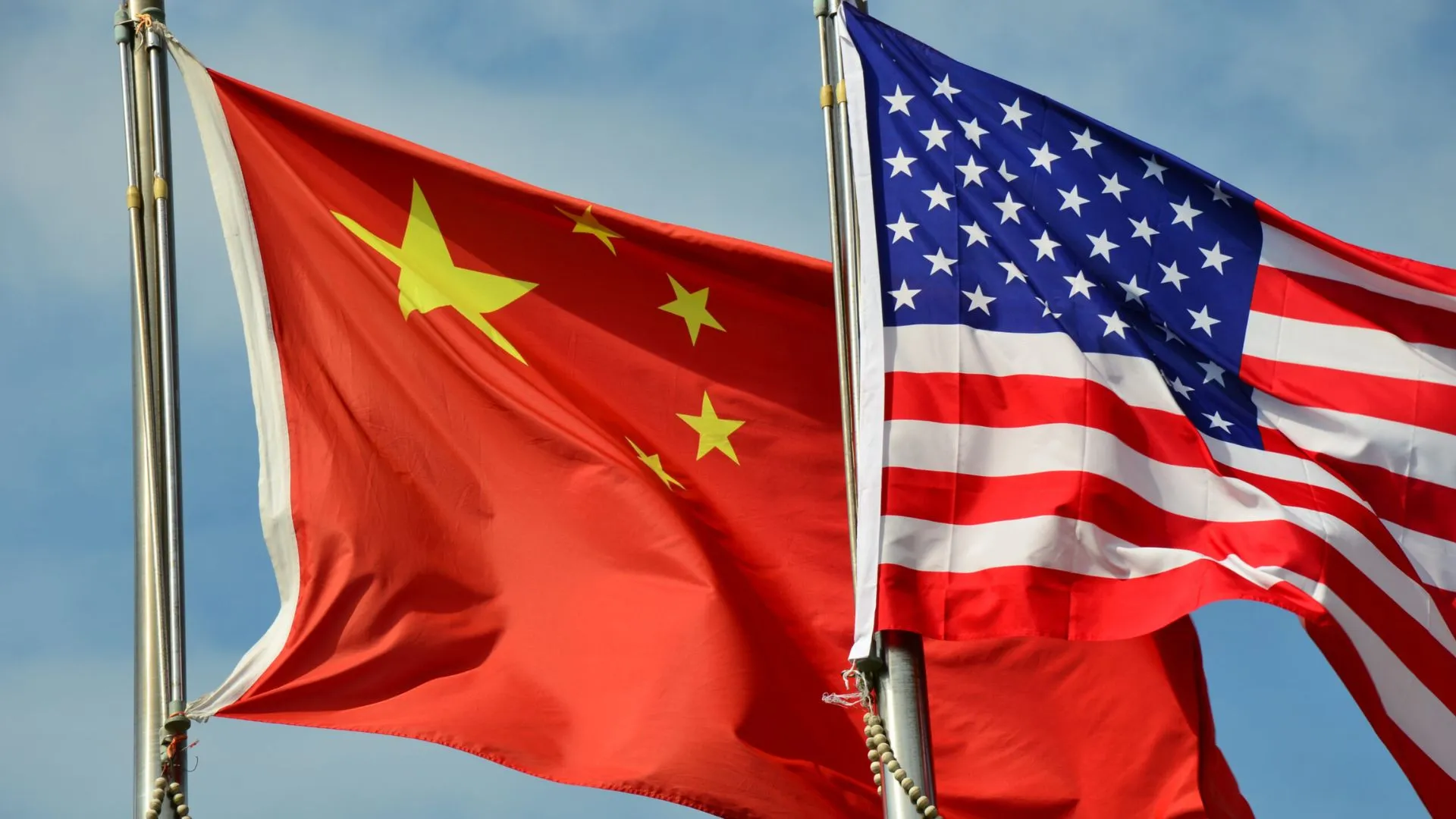The ‘One Nation, One Election’ Bill, which aims to hold simultaneous elections across India, was introduced in the Lok Sabha today amid strong opposition.
Congress MP Manish Tewari formally opposed the Constitution (One Hundred and Twenty-Ninth Amendment) Bill, 2024, calling it a threat to India’s federal structure.
Key Developments
On December 12, the Union Cabinet approved the proposal to implement simultaneous elections for the Lok Sabha, State Assemblies, and local bodies like municipalities and panchayats. The proposal stems from recommendations by a High-Level Committee, chaired by former President Ram Nath Kovind, which submitted its report in September 2024.
What the Bill Proposes
1. Synchronised Elections:
– Elections for the Lok Sabha, State Assemblies, and local bodies will be aligned.
– State Assemblies’ terms will be linked to the Lok Sabha’s tenure. Assemblies of Puducherry, Delhi, and Jammu & Kashmir will also align with this timeline.
2. Mid-Term Elections:
– If an Assembly dissolves prematurely, fresh elections will be held. However, the new legislature will serve only the remainder of the previous term, not a full five years.
Recommendations from the High-Level Committee
– A single electoral roll and EPIC system (Electors Photo Identity Card) across all government levels to prevent duplication and errors.
A phased approach:
– Phase 1: Synchronise Lok Sabha and State Assembly elections.
– Phase 2: Align local body elections (municipalities and panchayats) within 100 days of general elections.
The committee received 21,500 responses, with 80% favoring the amendment. Among 47 political parties consulted, 32 supported the proposal, citing resource optimization and socio-economic benefits, while 15 parties raised concerns about undermining regional voices.
Opposition’s Concerns
Congress and Trinamool Congress have strongly opposed the bill. Congress MP Manish Tewari called it unconstitutional, stating,
“My objections to the proposed Bill are based on serious concerns regarding constitutionalism and constitutionality.”
Tewari argued that the amendment undermines state autonomy and democratic principles. Opposition leaders claim it promotes “excessive centralism” and erodes India’s federal structure.
Historical Context
India held simultaneous elections in 1951-52, 1957, 1962, and 1967. The cycle broke in the late 1960s when State Assemblies and the Lok Sabha were prematurely dissolved. Since then, staggered elections have led to an almost continuous electoral process.
Prime Minister Narendra Modi revived the idea during his first term, positioning it as a step to streamline governance and reduce election-related disruptions.
Expert and Industry Views
– Legal Experts: Former chief justices and election commissioners backed the idea, highlighting how frequent elections disrupt governance and waste resources.
– Business Leaders: Organizations like CII, FICCI, and Assocham emphasized its positive economic impact, reducing socio-economic disruptions.
One Nation One Election The Constitution (One Hundred and Twenty-Nine Amendment) Bill 2024_Hindi (2)






















